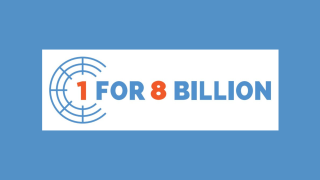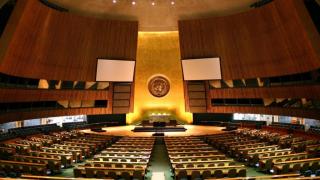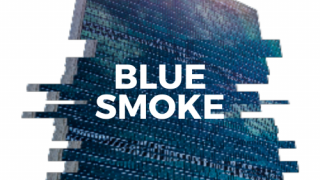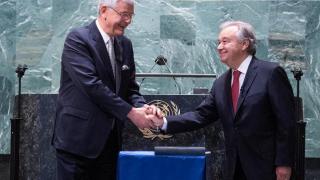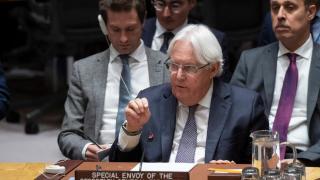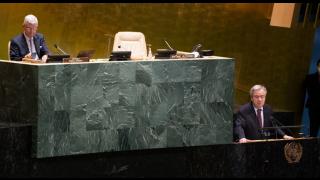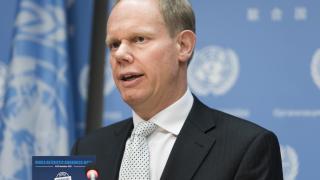
Speaking at a UN Security Council session, the UK's Permanent Representative to the UN, Matthew Rycroft, has called for a more transparent and inclusive process to select the next UN Secretary-General. The new UK ambassador also proposed reform of the Council's working methods, championing meaningful debate rather than a formal "broadcast of views".
Alluding to his maiden speech at the General Assembly in April, Mr Rycroft laid out a set of proposals that reflect UNA-UK's 1 for 7 Billion campaign:
"[T]he United Kingdom wants to see a more transparent, structured and inclusive selection process for the next Secretary-General. That means getting the broadest selection of credible candidates - men and particularly women - and setting a clear timeline for appointment ... If all qualifications are equal, the UK believes that it’s high time for a woman to lead the United Nations."
Mr Rycroft encouraged the Security Council to "take the lead" in advancing these reforms, which gained momentum among UN Member States at a General Assembly debate in April. Mandated to recommend candidates to the General Assembly, the Security Council - and the permanent five (P5) members in particular - currently dominate the Secretary-General's appointment process.
In line with the proposals tabled by 1 for 7 Billion, Mr Rycroft recommended that the Security Council "broaden out" the selection process to give "all [UN] members and civil society an opportunity to assess the candidates’ credentials".
However, the UK ambassador recognised that for UN reform to take place, interactions between members of the Security Council must improve:
"[W]e need to break away from the predictable pattern of reading prepared statements out loud, and instead properly engage with each other and briefers. Maybe even - shock horror - with each other on a first name basis that reflects our familiar and daily interactions... A dialogue should be an exchange, not a broadcast of views."
Mr Rycroft advised that by developing "more engaging working methods", the Council may be more likely to find areas of common ground on divisive issues such as Syria, which continues to cause deadlock among the P5.
As a member of the 1 for 7 Billion Steering Committee, UNA-UK continues to advocate for a more inclusive, transparent process to select the next UN leader. The current selection process is secretive and outdated. There is no job description, timetable or formal scrutiny of candidates, nor opportunities for them to interact with the wider UN membership and their future constituency: the world's seven billion people.
Click here to support the 1 for 7 Billion campaign
Photo: Photo/Mark Garten

